Antebellum Posthuman —— Race And Materiality In The Mid-nineteenth Century
----- 战前的新人类:十九世纪中叶的种族重要性
From the eighteenth-century abolitionist motto “am i not a man and a brother?” to the civil rights-era declaration “I AM a man,” antiracism has engaged in a struggle for the recognition of black humanity. It has done so, however, even as the very definition of the human has been called into question by the biological sciences. While this conflict between liberal humanism and biological materialism animates debates in posthumanism and critical race studies today, antebellum posthuman argues that it first emerged as a key question in the antebellum era. In a moment in which the authority of science was increasingly invoked to defend slavery and other racist policies, abolitionist arguments underwent a profound shift, producing a new, materialist strain of antislavery. Engaging the works of douglass, thoreau, and whitman, and dickinson, cristin ellis identifies and traces the emergence of an antislavery materialism in mid-nineteenth century american literature, placing race at the center of the history of posthumanist thought.
{{comment.content}}
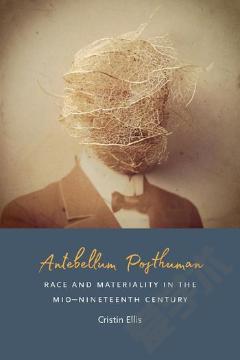
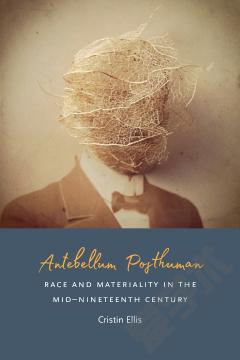
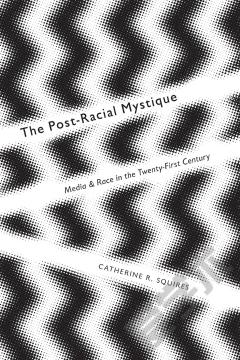
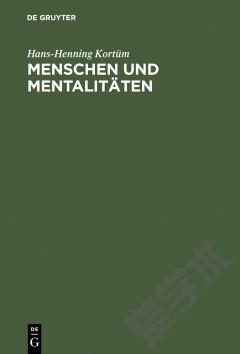
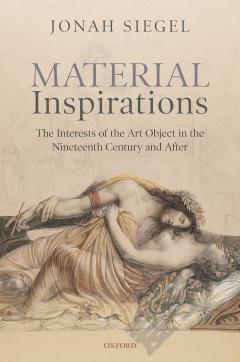

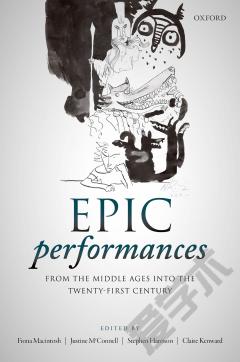

 京公网安备 11010802027623号
京公网安备 11010802027623号